Calls for Ukraine
Calls for Europe
Calls for USA
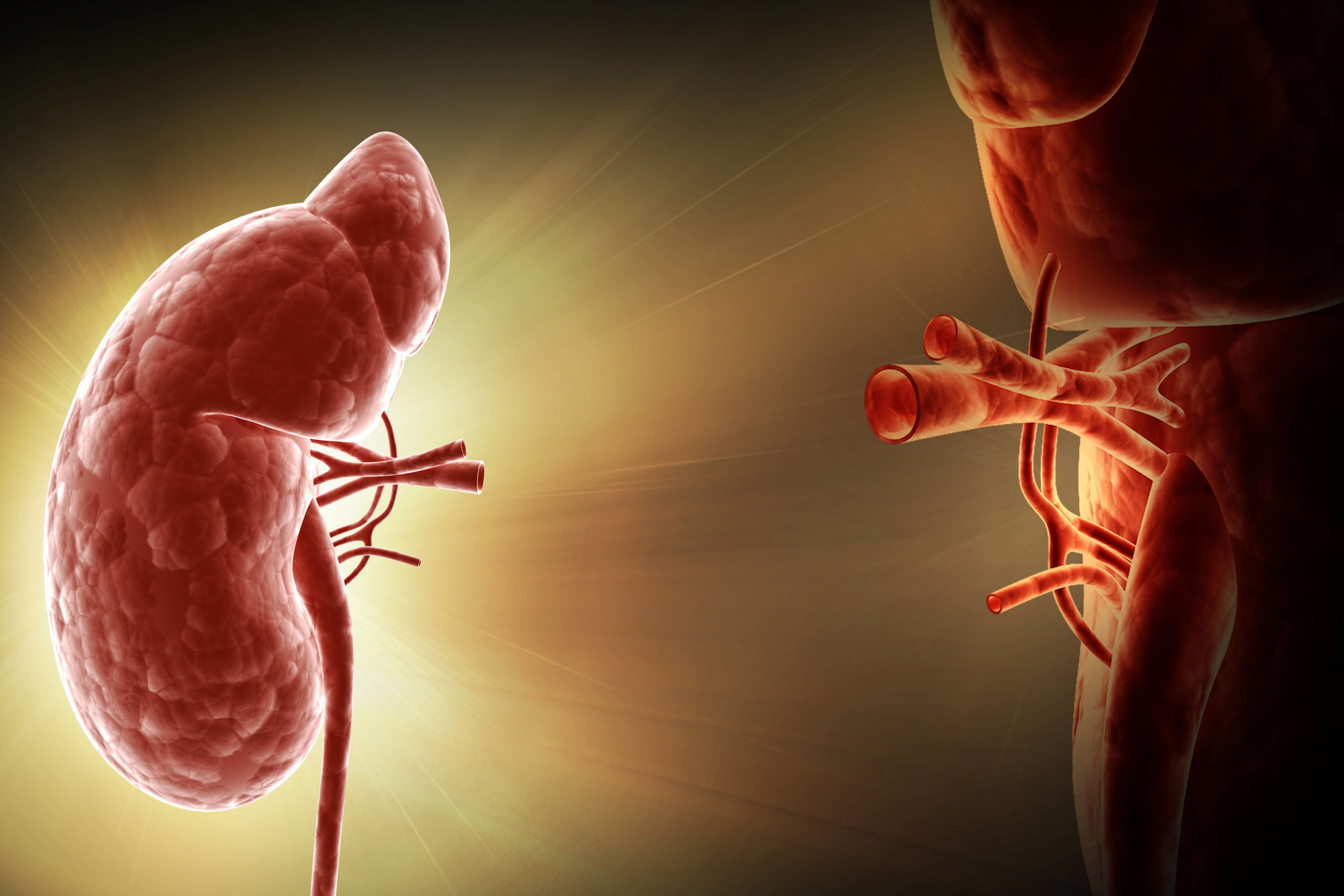
On the night when the first Russian missiles hit Kyiv, transplantologists were forced to cancel all elective surgeries. One patient – even 20 minutes before a kidney transplantation. Later, the doctors continued to work, but in a relatively safe area.
Despite the constant shelling of hospitals, Ukraine has not stopped providing medical care to patients in need. Even in the harsh realities of war, the field of transplantology in the country continues to develop rapidly. Doctors from Volyn, Ternopil and Lviv regions, with the support of their Kyiv colleagues, perform transplantation operations. For 6 months of this year, 136 organ transplants were performed. During the same period last year, doctors performed 126 such operations.
However, even such successes cannot even come close to satisfying the needs of Ukrainians. According to the Ministry of Health, every year about 5,000 people in our country need a transplantation. The long wait for a rescue operation and hostilities are forcing Ukrainians to seek medical assistance abroad.
According to the latest report from the International Organ Donation and Transplant Registry, Turkey currently ranks first in the world in terms of the total number of transplants from living donors and the number of kidney transplantations (more than 15,000 such operations are performed annually here). This has allowed local transplant doctors to gain vast clinical experience, thanks to which the survivorship of patients after a kidney transplantation in Turkey is one of the highest.
The high qualification of surgeons, advanced technological capabilities, and the use of modern surgical approaches allow Turkish clinics to provide high-quality services to patients in need of a kidney transplant. The primary benefits of kidney transplantation in Turkey are:
Turkey invests heavily in the healthcare sector and strives to constantly improve the quality of its services in order to develop the field of medical tourism. Currently, more and more patients from different countries choose Turkish clinics to solve their health problems.
Dr. Mehmet Kanpolat, head of the Antalya Health Tourism Association, said that in the last decade, Turkey has made a leap forward in improving the medical infrastructure. He added: “In the past, Turkish citizens traveled abroad to access better health care. Now there is a reverse trend: foreign patients who need effective treatment come to Turkey. Organ transplantation is an essential part of Turkish medicine. The safety and efficiency of such operations in our country is at a very high level.”
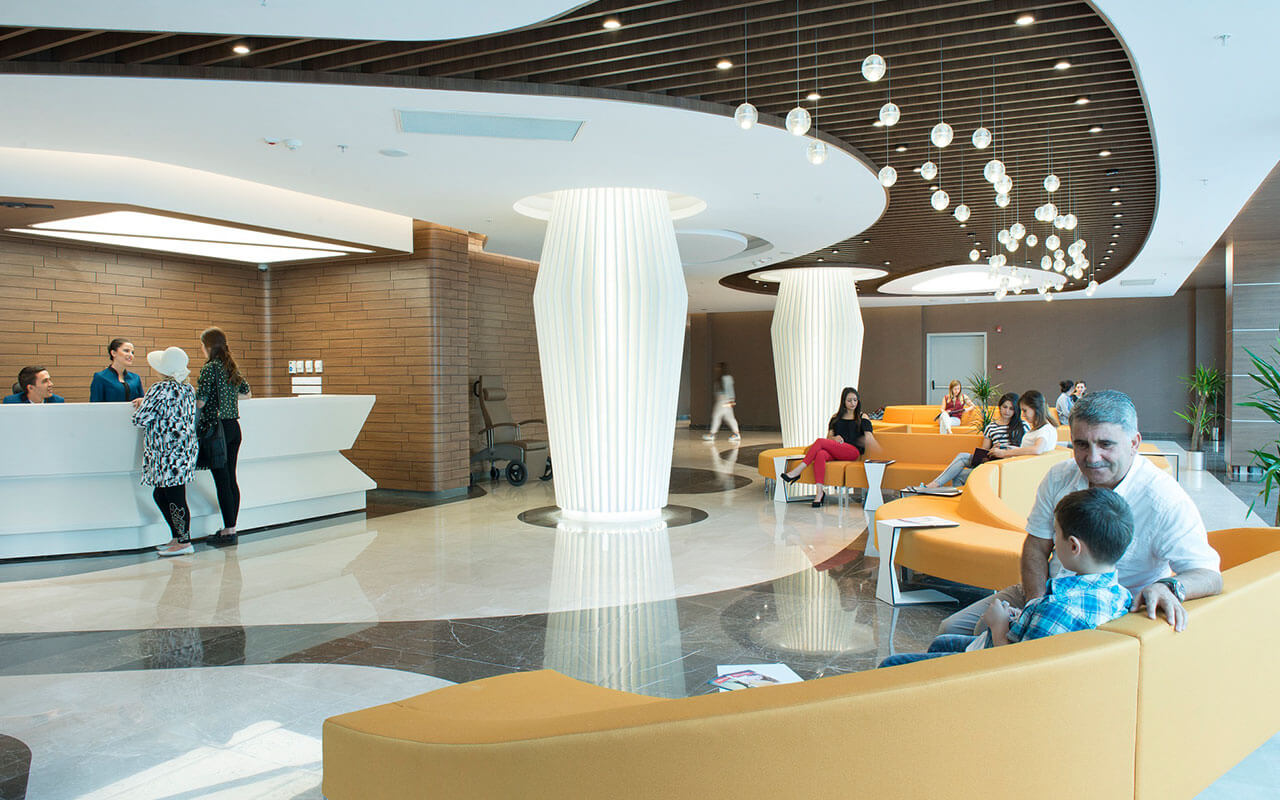
LIV Istinye Clinic provides medical services in the field of organ transplantation in accordance with strict international standards. World-famous transplant surgeons operate here. The head of the transplant center, LIV Istinye, Ayhan Dinchkan, has personally performed more than 6,000 surgeries.
All types of transplantations are successfully carried out in the center: from living and cadaveric donors, to adults and pediatric patients. The Transplant Center cooperates closely with the Department of Medical Imaging, which allows performing operations with maximum accuracy and subsequent monitoring of their effectiveness.
The use of modern technologies by the doctors of LIV Istinye during the removal of a donor kidney allows minimizing the damage to the patient. Here, such operations are carried out in a minimally invasive way. The kidney is separated from the surrounding tissues and blood vessels through two small punctures (1 cm) in the abdomen. At the end of the operation, it is removed through a 6 cm incision in the groin area. Thus, after the operation, the kidney donor does not have noticeable scars. In addition, recovery after laparoscopic surgery is much faster. Undesirable side effects such as incisional hernia, loss of sensation, infection, and growth of scar tissue are virtually non-existent with minimally invasive procedures.
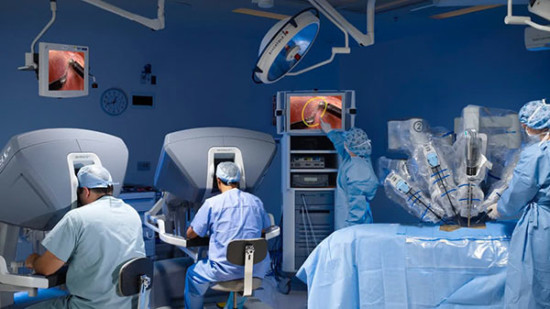
The LIV Istinye hospital also has the possibility of kidney transplantation using the Da Vinci robotic unit. Compared to traditional surgery, it has a number of advantages. The zoom system enlarges the surgical field by 15 times or more, allowing the surgeon to operate with maximum precision even when manipulating small structures such as blood vessels and nerves.
Since the doctor sits at the control panel during the operation, and it is performed by robotic arms, he is not so tired. Additionally, the da Vinci system eliminates hand trembling and blocks careless sudden movements.
The operation is performed through small incisions, which greatly reduces the risk of infection. In addition, immunosuppressive drugs that suppress the immune system can prevent large wounds from healing after open surgery.
Finding the right donor remains one of the main problems of modern transplantology. It often happens that a patient finds a person who is ready to donate a kidney to him, however, he does not match his blood type. In Turkey, this problem is solved by cross-transplantation.
Head of the Transplantation Center Liv Istinye Ayhan Dinchkan spoke about one of the operations performed at the clinic. She was approached by a couple in which the wife suffered from kidney failure, and the husband agreed to donate a kidney to her. However, the couple did not match each other by blood type. Prior to this, the Transplant Center had already registered three couples awaiting kidney transplantation. Two of them are spouses, and in the third, the wife of the patient’s brother decided to become a kidney donor. In all, kidney transplantation was associated with immunological risk.
The LIV Istinye Transplant Center team decided to perform a simultaneous cross-transplantation of the kidney in four patients. The recipients exchanged donors with matching blood types. Thus, all of them received new kidneys and a chance for a full life without dialysis. This is the fourth such operation carried out in Turkey.
The vast majority of transplantations in Turkish clinics are from living donors. This is due to the fact that relatives of deceased people are reluctant to donate organs, and the queue for them is very long. For foreign patients, the Turkish Ministry of Health only allows transplants from living donors; they are not eligible for cadaver transplants.
Living donors can be relatives of the patient from the first degree of kinship (mother, father, child) to the fourth (cousins, great-nephews, great-uncles). If a person is not related to the patient, but wishes to donate a kidney to him, this can be done only after the approval of the Ethics Committee. Donors cannot be persons under the age of 18.
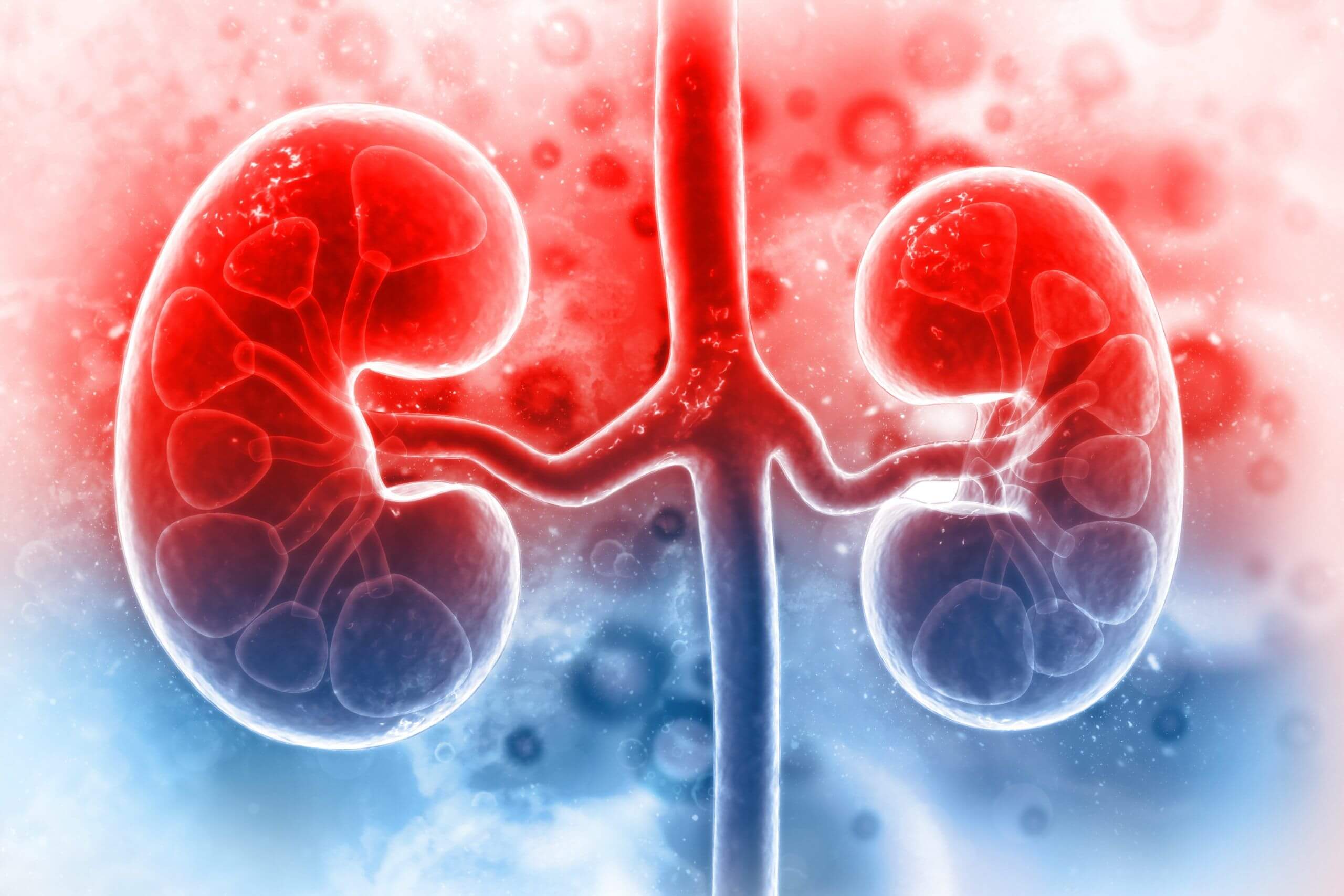
Every surgical procedure comes with certain risks, and kidney transplantation is no exception. However, thanks to the development of new technologies and the great experience of Turkish transplant doctors, the death rate during transplantation procedures has decreased significantly. At the moment it is less than 1% (1 in 3000). The risk of wound infection is 5% and urinary tract infection is 4%. This level of complications is typical for any abdominal surgery (for example, removal of the appendix or gallbladder).
As for the first year after a kidney transplantation from a living donor, 97% of patients lead a healthy life without dialysis. After cadaveric kidney transplantation, this figure is 85%. The most important reason for this difference is that the health of the living donor is carefully checked before the operation.
A kidney transplanted from a living donor starts working immediately and no dialysis is required. The cadaveric organ, as a rule, begins to function 2-3 weeks after transplantation. During this time, the patient is on dialysis.
After the operation, Turkish doctors carefully monitor the patient’s condition. Also during this period, they prescribe drug therapy. One of the main groups of drugs that need to be taken by patients with a transplanted kidney are immunosuppressants.
On the cells of the human body are special proteins called antigens. These are kind of marks that allow the immune system to recognize its own cells and not attack them. Transplanted kidney cells contain antigens that the immune system perceives as foreign. Therefore, the body may reject the transplanted organ. To prevent this from happening, doctors prescribe drugs that suppress the activity of the immune system. They need to be taken on an ongoing basis.
Also, to speed up recovery and prevent the development of infection, the patient is prescribed antibiotics. Depending on his health condition, medications for high blood pressure and drugs to lower blood cholesterol may be added.
The doctors of the LIV Istinye clinic continue to monitor their patients even after they have been discharged and returned to their homeland. They make recommendations to the attending physician and, if necessary, can adjust the treatment regimen. This is very important, as transplantation always involves the risk of organ rejection. It is especially high in the first 6 months. If the drugs are chosen correctly and the patient takes them strictly in accordance with the recommendations of the doctor, the likelihood of rejection gradually decreases over time.
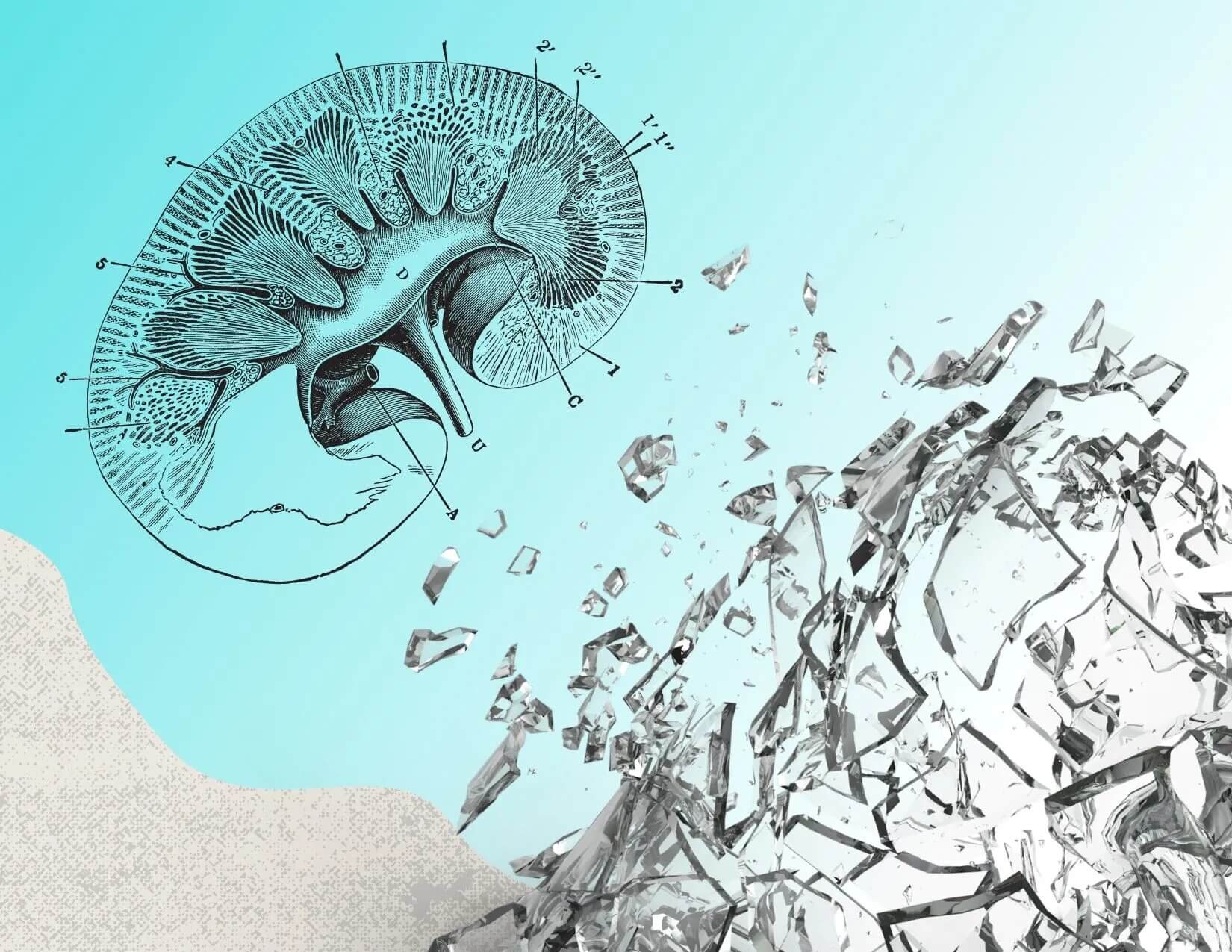
A very small subset of patients may develop chronic graft-versus-host disease. With early diagnosis and appropriate treatment of this condition, the life of the organ can be significantly extended. Therefore, Turkish doctors continue to provide assistance to their patients after the completion of the main stage of treatment.
MedTour company has long and fruitfully cooperated with the Turkish clinic LIV Istinye. We help patients to get treatment in Turkey, solving all organizational issues. We do not charge money for our services. The patient pays for the operation at the clinic’s cash desk.
A trip for treatment to another country is always associated with certain costs. Therefore, before organizing the therapeutic process, it is important that the patient is firmly convinced of the diagnosis and the chosen treatment regimen so that time and money are not wasted. A new service can help in this – an independent second opinion of a transplant surgeon. You can get it in the online consultation mode (video conference with the doctor). Coordinating doctors will help you organize this important stage of treatment.
To learn more about the possibility of a kidney transplantation in Turkey, as well as how to get a second opinion from a transplant doctor, fill out the feedback form or call one of the phones listed on the site. The doctor-coordinator will contact you in the near future and give you a free consultation on the issue you are interested in.
Sources of: tonv.org.tr statista.com livhospital.com
Please rate the work of MedTour
